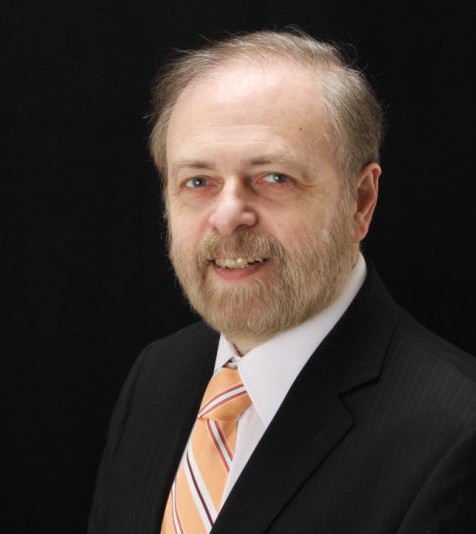By Rabbi Mordechai Levin
In the town of Zippori in the heart of the Lower Galilee , a street peddler was heard, crying out, “Who wishes to buy the elixir of life?” (Vayikra Rabba 16:2). Rabbi Yannai (3rd Century) was sitting in his academy studying when he heard the peddler’s voice. He went out on his balcony to see what the man was selling, but he could see nothing. And so he sent one of his students to bring the peddler to his study.
As the peddler entered, Yannai said, “Come here, show me what it is that you have to sell.” The peddler replied, “What I have to sell is not required by you, nor by people like you.” But the Rabbi pressed him, and finally the peddler drew a Book of Psalms out of his satchel. He opened the book and showed the rabbi the passage that states, “Who is the man who desires life?” (Psalm 34:13), and then the passage that immediately follows: “Keep your tongue from evil; depart from evil and do good.”
Rabbi Yannai, then said, “All my life I have read this passage, but did not know how to explain it until this peddler came and made it clear to me. Now I see that the same idea is also expressed by King Solomon, who proclaimed in a proverb, “He who guards his mouth and his tongue guards his soul from trouble.” (Proverbs 21:33).
What did the peddler actually teach Rabbi Yannai? Rabbi Shmuel Shmelke of Nikolsburg (1726-1778) explained that Rabbi Yannai understood that a person who desires life needs to guard his tongue. But Rabbi Yannai took that to mean that the only way to guard one’s tongue from evil is to become a hermit. He thought that cleanliness of speech required being somewhat anti-social. He believed that mixing with society, having friends and engaging in conversation, was a sure formula for not being able to live up to the standards of “Who is the man who desires life.”
Rav Yannai was taught the real lesson and interpretation of the biblical verse through the words of the peddler. “If the peddler can tell me that a person such as he can be careful about Lashon Hara (derogatory or damaging comments, gossip), then my approach must change. I now realize that a person can mix with society, talk, be sociable and still be careful not to speak Lashon Hara.”
Judaism challenges us to always use our faculty of speech in positive and productive ways. We are challenged to be conscious of what we say and to improve our speech.
This challenge involves asking ourselves some questions. What are our conversations about? Do we make cynical comments? Do we look at people with an eye towards their negative sides or do we see their positive sides? Do we give others the benefit of the doubt?
Someone wrote: Those with small minds talk about others. Those with ordinary minds talk about events. Those with great minds talk about good ideas. And those with the best minds put the ideas into positive and creative action.
“Who is the man who desires life? Keep your tongue from evil; depart from evil and do good.”
 is the rabbi of Congregation Beth Israel in Munster, IN. He received his rabbinic ordination from the Latin American Rabbinical Seminary, and is a member of the Rabbinical Assembly. In 2010, he was awarded an Honorary Doctorate of Divinity from the Jewish Theological Seminary in New York City for his years of dedicated service to the Conservative movement and the Jewish community...
is the rabbi of Congregation Beth Israel in Munster, IN. He received his rabbinic ordination from the Latin American Rabbinical Seminary, and is a member of the Rabbinical Assembly. In 2010, he was awarded an Honorary Doctorate of Divinity from the Jewish Theological Seminary in New York City for his years of dedicated service to the Conservative movement and the Jewish community...